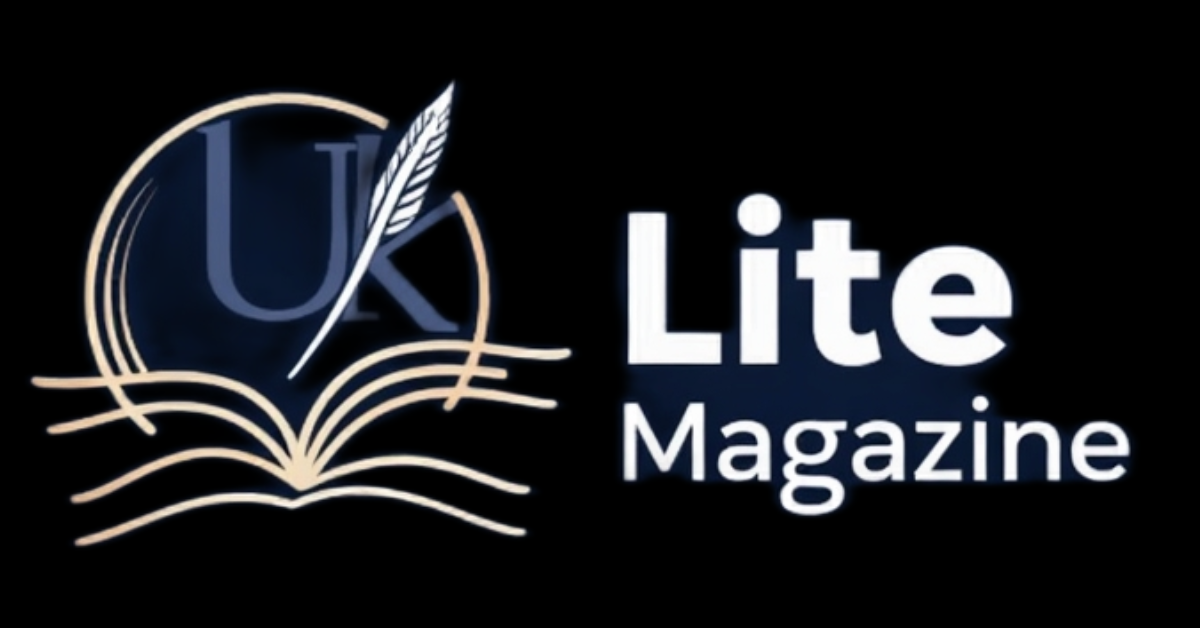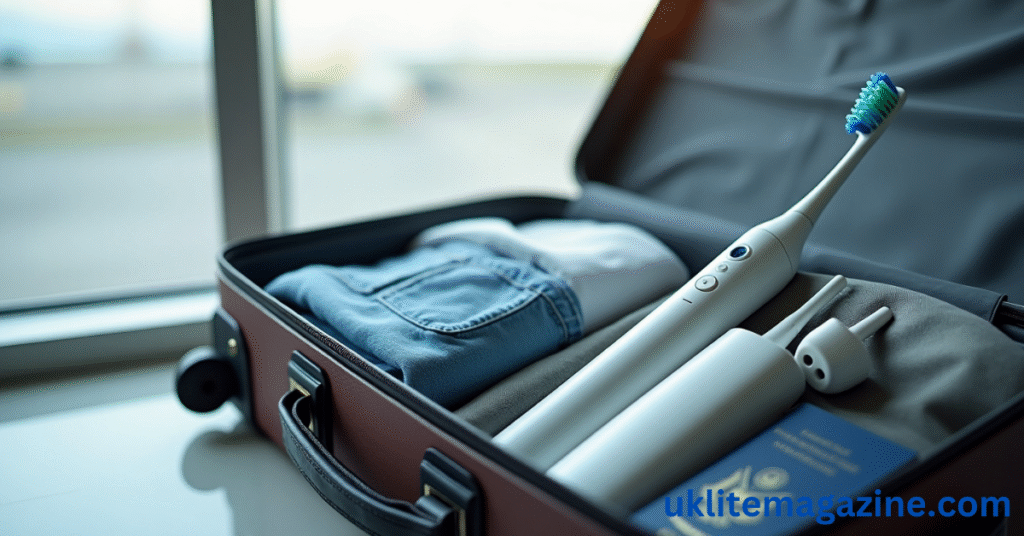Traveling in 2025 is easier and more tech-savvy than ever. With personal gadgets being a part of our daily routine, one common travel concern many people have is: Can you bring electric toothbrush on plane? Whether you’re flying internationally or domestically, it’s important to know what’s allowed by airport security and airline policies. In this guide, we’ll explain the rules, packing tips, battery concerns, and what travelers in the UK need to know.
Why Travelers Ask About Electric Toothbrushes
Electric toothbrushes have become a must-have in personal hygiene. However, because they usually contain batteries—often lithium-ion or NiMH—travelers wonder if these devices are allowed in their carry-on or checked luggage. Concerns arise due to strict airline rules around batteries, especially lithium ones that can pose a fire risk if not handled correctly.
TSA and Airline Rules in 2025
U.S. TSA Guidelines
According to the Transportation Security Administration (TSA), you can bring electric toothbrushes on a plane, both in your carry-on and checked luggage. However, there are a few key things to keep in mind:
-
Carry-On Preferred: It’s safer to carry electronic devices like electric toothbrushes in your carry-on. This allows for better control over battery-powered items.
-
Battery Type Matters: If your toothbrush uses removable lithium-ion batteries, it’s best to keep them in your hand luggage.
-
Smart Toothbrushes: Some high-tech models have Bluetooth or Wi-Fi capability. These are allowed, but should be turned off during takeoff and landing.
Battery Concerns: What Kind of Battery Does Your Toothbrush Use?
Most modern electric toothbrushes use one of the following types of batteries:
| Battery Type | Allowed on Plane | Notes |
|---|---|---|
| Lithium-Ion | ✅ Yes (carry-on only) | Must be under 100 watt-hours. No spare batteries in checked bags. |
| Nickel-Metal Hydride (NiMH) | ✅ Yes | Safer and usually allowed in both checked and carry-on bags. |
| AA/AAA Batteries | ✅ Yes | Removable and allowed in both types of luggage. |
To find out what battery your electric toothbrush uses, check the label or manual. If you use a common brand like Oral-B or Philips Sonicare, chances are it’s a built-in lithium-ion battery, which is allowed under TSA and IATA rules.
How to Pack an Electric Toothbrush for Travel
Packing your electric toothbrush correctly can save you time and avoid damage:
Carry-On Packing Tips:
-
Use a travel case to protect the brush head and handle.
-
Pack the charger or USB cable in a separate pouch.
-
If it has a power button, make sure it’s locked or turned off to prevent it from vibrating mid-flight.
Checked Luggage Advice:
-
While electric toothbrushes are allowed in checked bags, it’s safer to keep them in your carry-on due to battery-related policies.
-
If packed in checked luggage, remove removable batteries (if applicable) and secure the device in a protective case.
International Travel and UK Regulations
Can You Take an Electric Toothbrush on a Plane UK?
Yes, electric toothbrushes are allowed on UK flights, whether you are flying with British Airways, Ryanair, EasyJet, or any other carrier. The UK Civil Aviation Authority (CAA) follows similar guidelines to the TSA. Here’s what UK travelers should know:
-
Allowed in both hand luggage and hold baggage.
-
Lithium batteries must remain in hand luggage if removable.
-
Use a protective cover or case for hygiene and safety.
Whether you’re flying from London to Paris or Manchester to New York, you can safely bring your electric toothbrush.
Using Chargers and Voltage Abroad
Can I Use My Oral-B Electric Toothbrush Charger Abroad?
This depends on two things:
-
Voltage Compatibility: Most Oral-B chargers in the US are rated for 110–120V, while Europe, Asia, and many other regions use 220–240V. Using a charger with the wrong voltage without a converter can damage it.
-
Plug Adapter: You will likely need a travel adapter to fit the outlet shape of your destination country.
Tip: Check if your charger is “dual voltage” (100–240V). If yes, you only need a plug adapter—not a voltage converter.
Conclusion
So, can you bring electric toothbrush on plane? Absolutely. In 2025, electric toothbrushes are allowed on both domestic and international flights. Just remember to:
-
Check the battery type.
-
Pack it properly.
-
Carry it in your hand luggage if possible.
-
Bring the right adapter if traveling abroad.
With these tips, you can maintain your oral hygiene routine wherever your travels take you—safely and easily.
Frequently Asked Questions (FAQs)
Are electric toothbrushes allowed on planes?
Yes, electric toothbrushes are allowed in both carry-on and checked baggage. For safety, carry-on is recommended, especially if the toothbrush contains lithium batteries.
Does my electric toothbrush have a lithium battery?
Most modern electric toothbrushes (like Philips Sonicare or Oral-B) use built-in lithium-ion batteries. Check your user manual or product label for battery type.
How do you pack an electric toothbrush for travel?
Use a protective travel case, pack the charger separately, and keep the brush in your carry-on. Make sure it’s turned off or locked to prevent accidental activation.
Can I use my Oral-B electric toothbrush charger abroad?
Only if it’s dual voltage (100–240V). If not, use a voltage converter. You will also need a plug adapter for the local socket type.
Can you take an electric toothbrush on a plane UK?
Yes, you can. UK airline and airport security rules permit electric toothbrushes in both hand and checked luggage. Follow battery safety recommendations for international travel.

